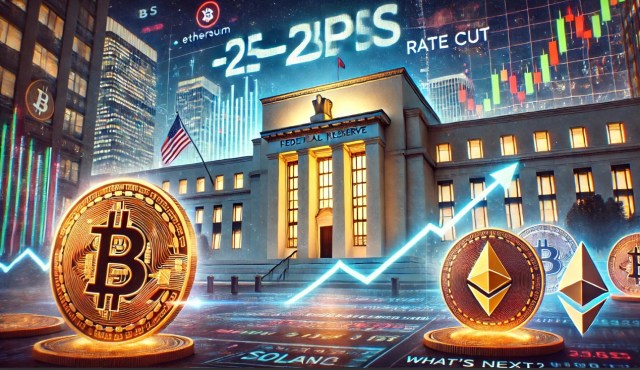Topline
The Nintendo Switch 2 is blowing past the sales of its predecessor console, selling more than 10 million units in four months of release as Nintendo raises its sales expectations—even though its $450 price tag was considered high and a response to President Donald Trump’s tariffs by analysts.
The Nintendo Switch 2 is selling twice as fast as its predecessor console. (Photo by Stanislav Kogiku/SOPA Images/LightRocket via Getty Images)
SOPA Images/LightRocket via Getty Images
Key Facts
Nintendo said in an earnings report Tuesday the Switch 2 has sold 10.36 million units over the four months since its June 5 launch, and it raised its sales expectations through March 2026 to 19 million units, up from its previous expectation of 15 million.
The Switch 2 is selling twice as fast as the original Nintendo Switch, which sold 4.7 million units in its first four months after its release in March 2017.
The Verge previously reported in June the Switch 2 is the fastest-selling gaming console of all time, citing Nintendo’s announcement the console had sold more than 3.5 million units in just four days, and suggested consumers may have rushed to buy the console to avoid possible future price hikes.
Joost van Dreunen, CEO of gaming consulting firm Aldora and professor at NYU Stern School of Business, told Forbes tariffs likely “pulled some demand forward” for the Switch 2, but said the strong sales reflect “durable consumer confidence, not panic buying.”
van Dreunen suggested the Switch 2’s sales indicate “brand strength” and strong consumer loyalty, “even amid higher costs and tariff uncertainty,” adding he does not expect Nintendo to hike the console’s price in the future.
More than 20 million Switch 2 games have been sold over the console’s first four months, Nintendo said, citing strong sales for “Mario Kart World” and “Donkey Kong Bananza,” though it noted about 8 million of these units were bundled with Switch 2 consoles.
How Did Trump’s Tariffs Impact Switch 2 Prices?
Nintendo surprised some consumers by unveiling a $450 price tag for the Switch 2 in April, a 50% increase over what the original Switch cost at launch. Nintendo announced the Switch 2 on April 2—the same day Trump declared to be “Liberation Day,” when he unveiled a slate of tariffs on nearly every country, including steep tariffs on China and Vietnam, where Nintendo manufactures hardware. Analysts considered the higher-than-expected Switch 2 price to have been set in anticipation of tariffs. Van Dreunen told Forbes in April the tariffs hit Nintendo at its “most vulnerable moment – the start of the Switch 2 hardware cycle when manufacturing costs are highest and margins thinnest,” adding the Vietnam tariffs will put pressure on a supply chain Nintendo had previously moved away from China out of fear of tariffs. Weeks after Nintendo announced the Switch 2, it said it would hike accessory prices by $5 to $10 due to “market conditions,” but said the console would still sell for $450. In August, Nintendo raised the price of the original Switch from $299 to $339 but said the Switch 2 price would still hold, though the company noted “price adjustments may be necessary in the future.”
What To Watch For
The original Nintendo Switch is very close to surpassing the Nintendo DS, released in 2004, as the gaming company’s best-selling console of all time. The Switch has sold 154.01 million units over eight years, Nintendo said Tuesday, while the DS has sold 154.02 million units. The Switch could potentially surpass Sony’s PlayStation 2, which has sold 160 million units, as the best-selling console of all time.
Further Reading
Nintendo Surprises With Switch 2 Price Hike—As Trump Imposes Tariffs On China And Vietnam (Forbes)
Nintendo’s Switch 2 is the fastest-selling game console of all time (The Verge)
Source: https://www.forbes.com/sites/conormurray/2025/11/04/nintendo-switch-2-is-selling-twice-as-fast-as-original-switch-shattering-expectations-despite-trump-tariffs/


